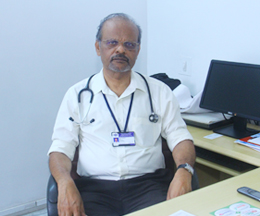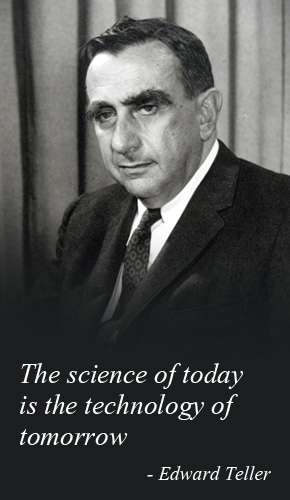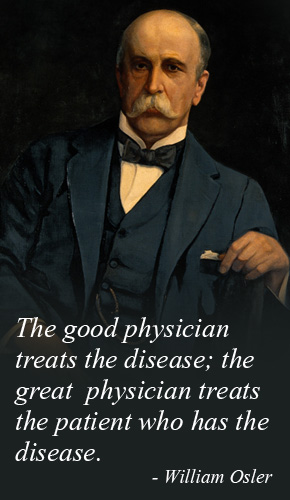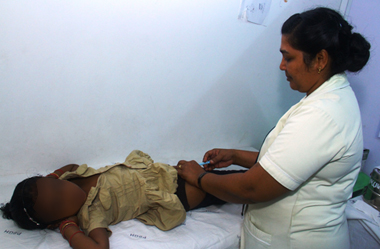Paediatrics

The Department of Paediatrics started in 1988 with one Assistant Professor and a Tutor. A year later, Dr Ramachandran became the Head of the Department. The Department is currently headed by Professor K. Neelakandan. Over the years, the department, which is now served by 15 doctors, has become a leading hub of child health care that can treat almost all neonatal and paediatric illnesses. It is also a much sought after centre of learning for postgraduate students.
The Pediatric ICU is a temperature-regulated unit with 10 beds and has state-of-the-art facilities for monitoring and evaluation. All modes of treatment, including mechanical ventilation are available at the unit which sees about 100 admissions per month. With the support of 24-hour efficient laboratory service and trained and committed personnel, it offers intensive care of sick children at a reasonable cost.
Its Neonatal ICU has a level 2 unit, which can treat eight newborn babies with regular intensive care, and a level 3 unit with 16 beds to manage complicated problems such as premature babies, babies with very low birth weight, babies with jaundice who require exchange transfusion, and babies with infection and respiratory distress that need ventilation.

Dr. K. Neelkandan Head of the Department of Paediatrics
The unit can carry out all neonatal procedures, including dialysis. The survival rate of babies born after 28 weeks and weighing above 900 grams at the unit is one of the best in Tamil Nadu. Such is the excellent care offered by the department that there is one trained nurse for every two babies in the level 3 unit and for every three babies in the level 2 unit.
The paediatric gastroenterology unit, started in 1996, is a referral centre for liver diseases in children. It is known for treating jaundice, glycogen storage disease and metabolic liver diseases. It has facilities to conduct diagnostic and therapeutic video-aided upper and lower gastrointestinal (GI) endoscopy in children. The department also does enteral and parenteral (intravenous) nutrition therapy for children with chronic diarrhoea.
The department has a paediatric general ward with 90 beds, which is spacious and attractive, in addition to private rooms. There is also an isolation ward for children with contagious diseases. It has a well-equipped treatment and procedure room next to the ward. The department also gives children nutritious diet, to suit individual illnesses, under the supervision of a dietician.
In 1993 it was a recognized centre for Diplomate of National board. At present it offers diploma and masters degree in child health. From 1993 to 2012, there have been 51 publications from the department. It organised the Tamil Nadu State Annual Paediatric Conference in 1997 and the National Paediatric Gastroenterology Conference in 2004.
Paediatric Intensive Care Unit (PICU)
A state-of-the-art Intensive Care Unit of 12 beds with all modern facilities for monitoring and evaluation. All modes of treatment including ventilation are possible. Backed by 24 hours efficient laboratory support and trained and committed personnel, intensive care of sick children is now possible at a reasonable cost.
New Born Intensive Care Unit (NICU)
There is a level 2 NICU of 8 beds and a level 3 NICU of 16 beds. The advanced Neonatal Intensive Care Unit is temperature regulated and well equipped to handle prematurely born, newborns, very low birth weight babies, babies with jaundice requiring exchange transfusion as well as those with infection and respiratory distress. Three Bear cub ventilators are available for ventilating neonates in addition to bubble CPAP units. Our results with babies in weight as low as 1000 gms are comparable with the best in the region.
There are adequate numbers of warmers, photo therapy units and incubators together with facilities for central oxygen and suction, to cater any neonatal problems.
These babies are given special follow up through high risk infant clinic that functions on fortnightly thursdays.
Outpatient Services
Emergency Services
- There is a qualified paediatrician on duty in the hospital 24 hours a day to cater any emergency. The casualty is well equipped to handle all emergencies.
- Immunisation Clinic
- Immunisation will be done from 9am to 3pm on Tuesday, Thursday and Saturday.
Research
- Prognostication of newborn with birth asphyxia using EEG and neuro imaging – This study helps to predict outcome of asphyxiated babies
- Dengue and dengue hemorraghic fever in infants and older children- A comparative study
- Hepatic dysfunction in dengue viral illness – These two studies are looking at dengue illness, which is very common in and around Coimbatore
- Senstivity pattern of culture positive salmonella typhi and salmonella paratyphi – A clinical profile and comparison with widal. – Typhoid fever has become common and resistance to commonly wed antibiotic is very high. This study will look into the antibiotic sensitivity of Styphi.
- Incidence of rota viral gastroenteritis in children less than 5 years of age.- Rota virus is a common cause of diarrhea in children. This study aim’s at finding the incidence of rotaviral diarrhea
- Seroprevalance of hepatitis-A virus antibody(IgG) in children aged between 11-15 years in Coimbatore. – This topic will estimate the seroprevalence of hepatitis A in children between 11 -15 years and emphasis on vaccination against hepatitis A will be clearer
- Early neonatal outcome in newborn with compromised umbilical artery flow are likely to have complications. This studies aims at finding the early newborn outcome of such babies
- Serum haptoglobin and albumin as predictors of unconjugated hyperbillirubinemia in term newborns – The last study is aiming at prognosticating hyperbilirubinemia in newborn
Other information
The department conducts Paediatric Advance Life Support (PALS) course in September and a CME for final year exam going PG students in January every year.
Facilities
The department has 2 siemens macquet ventilators, 2 bearcub ventilators and bubble CPAP units. All beds in the ICUs have 3 channel monitors, adequate infusion and syringe pumps in addition to central oxygen and suction. The state-of -the -art level 3 and level 2 NICU are fully equipped to handle all newborn problems.
















